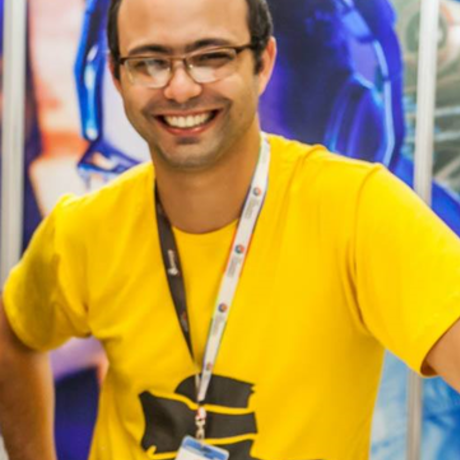7VRWonders
- 0 Collaborators
Recreation of the 7 Ancient Wonders into a Virtual Reality tour. Planned demo for IDF16. ...learn more
Overview / Usage
NOTE: Will be demoed at IDF16. In recent years, technology has been increasingly affecting routine actions. Simple acts such as waking up, deciding which paths to take and searching for information have become dependent on devices that automatized and sped up their users' lives. The ubiquity of internet access and the advancement of battery capacities, alongside the miniaturization of devices, made smartphones occupy an unique position as personal computers. Currently, there are more smartphones than people in Brazil and about 70% of those are smartphones, which amounts to about 45 million devices. (Source Abinee/IDC) This influence is big enough as to keep us from ignoring its repercussions in areas such as Education, possibly in even bigger ways than television and recorded audio. Considering this, we believe that technology is going to be a big differential in education on the next few years, with deep changes in methodology and materials. Another area recently affected by the growth of smartphones was Virtual Reality (VR). Manufacturers have been developing screens with increasing with pixel density per inch (dpi), reaching screens with more than 300 dpi. These can be used to create visors that, close to the eyes, simulate screens of more than 72 inches with immersion never seen before. Sensors and processors involved are much faster than in previous years and enable almost instantaneous interactions, in a way that actions in the real world are translated with delays imperceptible to the user. For example, a head movement is interpreted and the screen moves so fast that the user is unable to notice the processing lag. In that context, we propose the creation of a virtual environment with the purpose of historical education, also known as Virtual Archeology, where it will be possible to visit unique places from ancient history known as the Seven Wonders of the Ancient World. It's worth noting that, of those Seven Wonders, only one (the Pyramids of Giza) remains intact and possible to visit. Every other was destroyed and only ruins remain, which makes the recreation of those monuments even more interesting. The technologies used in the project will be the Oculus Rift ("Oculus Rift - Developer Center," [s.d.]) and Google Cardboard ("Google Cardboard," 2015). The first one aiming for the highest level of realism possible, while the second can increase distribution and visibility of the experience.





